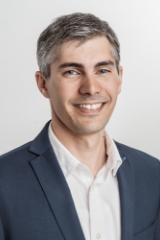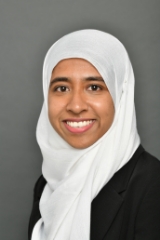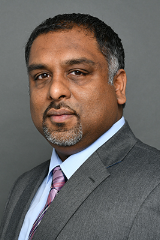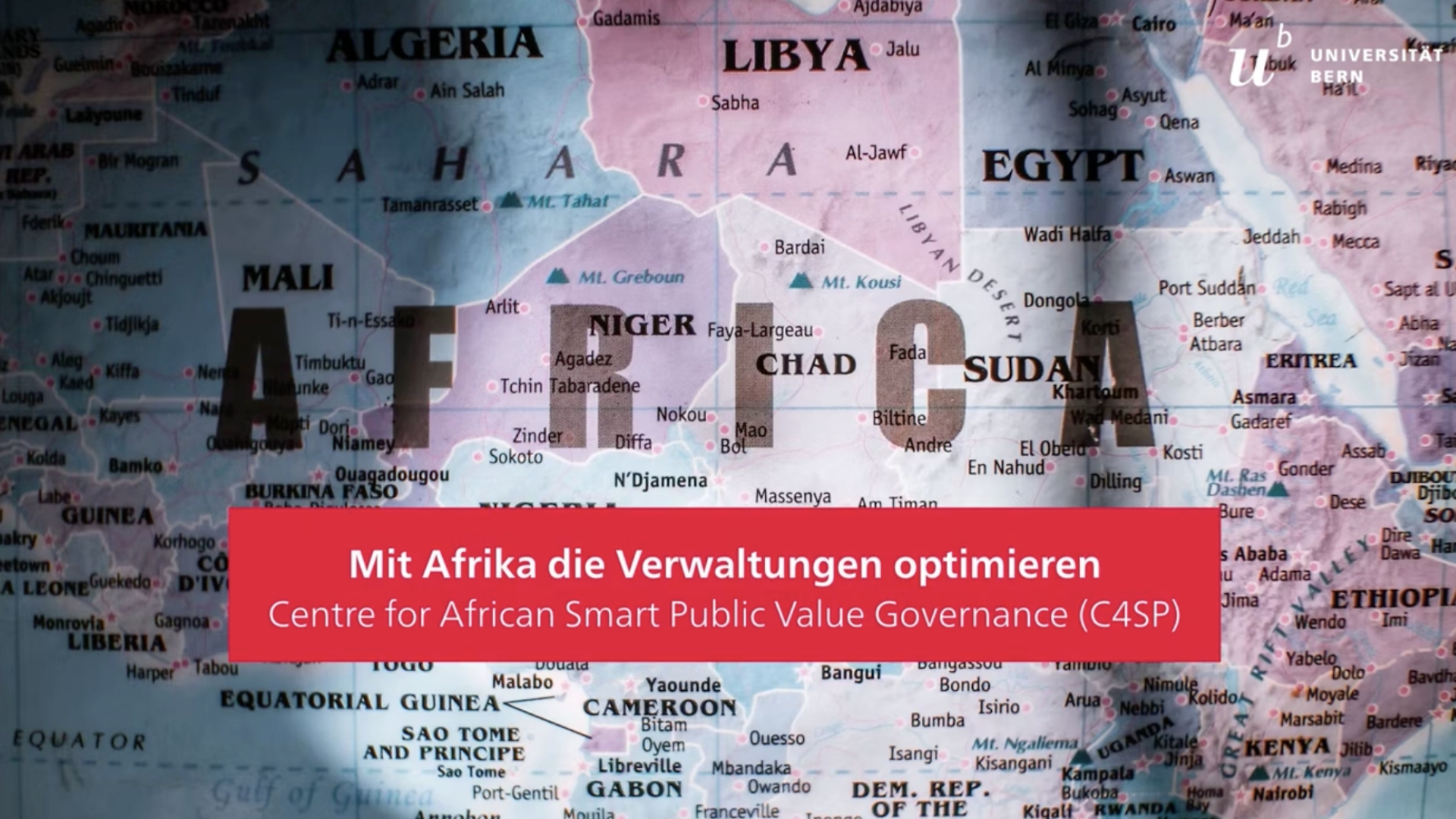The research project
Working with Africa to optimise administrations
Researchers at the Centre for African Smart Public Value Governance (C4SP) study practices in Africa and aim to use this knowledge to strengthen African governments and administrations through local cooperation.
What is your work about?Emamdeen Fohim: We want to find out what it takes for governments and administrations in African countries to function optimally. In doing so, we support efforts in African countries to strengthen public value – the contribution that an organization makes to the common good of society.
This requires us to understand existing principles for creating and delivering public value from non-Western perspectives.
For this, it is important to capture the diversity of African administrations, understand best practices inspired by local customs, and offer insights by conducting several case studies.
About the person

Emamdeen Fohim
is a postdoctoral researcher at the University of Bern. From an organisational theory perspective, he investigates how public organisations tackle the complex social problems of our time.
Adeelah Kodabux:The African Union’s Agenda 2063 emphasizes the need to build strong administrations for developing African countries and to enable development-oriented and visionary leadership in all areas and at all levels.
The goal is to establish good governance. This requires empirical studies that produce knowledge that can be applied to public administrations.
We conduct research from a perspective that values and incorporates local and ethnic factors. We take into account both local customs and traditions and current social transformations.
For example, we are investigating how the public administration of the African multi-ethnic island state of Mauritius plans and sets up a public transport system. As researchers, we show how the different cultural demands of the affected groups of actors can and should be addressed in such a specific context.
About the person

Adeelah Kodabux
is an independent researcher from Mauritius. Her research interests include power structures in the Global South, African governance and global geopolitics.
Amar Kumar Seeam:In order to contribute to an understanding of common good-oriented governance in Africa, we want to work with employees in local public administrations. This will enable the rapidly growing field of public administration to be developed in a targeted manner.
In addition, our results should help to reduce stereotypes and prejudices about public administration in Africa.
In the future, we would like to offer continuing education courses on-site to ensure knowledge transfer with local authorities. We want to focus on using new technologies, such as artificial intelligence, in African contexts. Furthermore, we want to show how ethical principles such as data protection, fairness, security, accessibility, and accountability for African authorities must be reconsidered from non-Western perspectives.
About the person

Amar Kumar Seeam
is a Senior Lecturer at Middlesex University Mauritius. He is interested in 'smart governance', with a particular focus on the African context.
Adeelah Kodabux:The collaboration between researchers from the Competence Center for Public Management at the University of Bern and the Mauritius Campus of Middlesex University.
And the collaboration with African and international researchers who specialize in Africa and enrich our webinars or lecture series by presenting their studies.
It is also exciting that our work is interdisciplinary. The three co-founders of C4SP come from different disciplines: I studied international relations, Emamdeen deals specifically with public administration, and Amar specializes in digital technologies.
Our work is also transdisciplinary because knowledge sources from the professional practice of social and government actors are relevant to our work.
Subscribe to the uniAKTUELL newsletter

Discover stories about the research at the University of Bern and the people behind it.
Emamdeen Fohim: Sufficient resources. So far, we have done our work for C4SP as postdoctoral researchers and lecturers at our universities.
We are currently working on a larger application for research funding to strengthen our research activities and expand our network with scientists from other African universities.
In preparation for the planned research project, we have already received support from various funding programs at the University of Bern for young scientists. Our long-term goal is to establish C4SP as a self-sustaining research center.